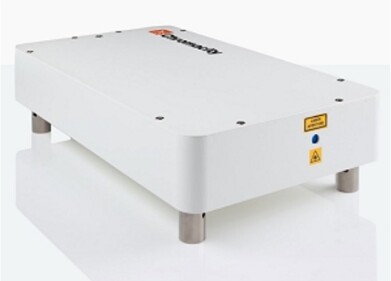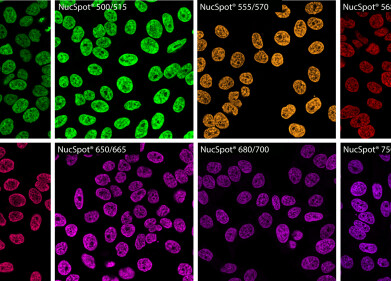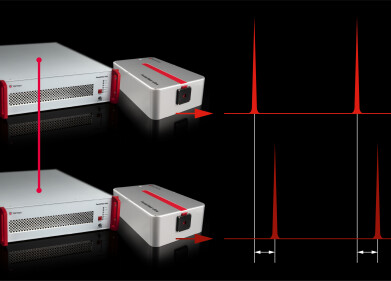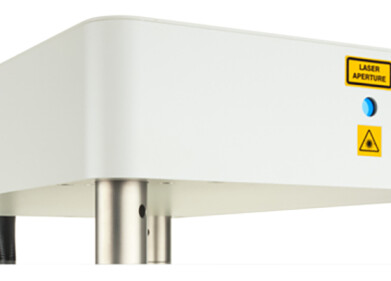Microscopy & Microtechniques
Bring images to life with cellSens 1.12
Feb 04 2015
Life science researchers can now observe and react to the most elusive events taking place within biological samples, with the latest cellSens imaging software (version 1.12) from Olympus. Offering new functions and support for the latest microscopy hardware, cellSens 1.12 enables the most efficient use of valuable time-lapse experiments and presents new opportunities for live cell imaging.
Supporting cutting-edge hardware
The unique Graphical Experiment Manager (GEM) interface allows the user to truly get in touch with their sample. Enabling effortless setup of complex acquisition sequences and protocols, the GEM presents an intuitive method to seamlessly control motorised hardware. For multicolour z-stacking experiments, prioritising the use of fast devices such as piezometric z-axis modules reaches a new level of imaging speed, with the freedom to choose the sequence of motorisation movements. Hardware support is also extended to include the latest third party digital camera models, including the Hamamatsu ORCA flash 4.0 LT and Andor Zyla 5.5 models, allowing researchers to pick the optimum camera for their chosen study.
Enhancing the efficiency of time-lapse applications
The GEM also enables investigations into short-term dynamics and long-term sample evolution side by side. Capturing fast sequences at multiple points in addition to the primary time-lapse, the GEM maximises the level of information that can be gathered during a single experiment. Moreover, the user can now directly react to changes in sample behaviour when running a real-time analysis. Thanks to on-line creation or modification of the Regions of Interest, structures can be investigated as they transform and emerge – capturing unexpected events without the need for a repeat experiment.
An expandable platform
Additional software modules are available to suit every need, and the range now includes the ‘Photomanipulation’ Solution. Operating alongside the Olympus IX3-FRAP unit, this new extension is perfect for managing a range of experiments such as Fluorescence recovery After Photobleaching (FRAP), Photoconversion and Optogenetics.
For more information, please visit our website
Digital Edition
Lab Asia 31.6 Dec 2024
December 2024
Chromatography Articles - Sustainable chromatography: Embracing software for greener methods Mass Spectrometry & Spectroscopy Articles - Solving industry challenges for phosphorus containi...
View all digital editions
Events
Jan 22 2025 Tokyo, Japan
Jan 22 2025 Birmingham, UK
Jan 25 2025 San Diego, CA, USA
Jan 27 2025 Dubai, UAE
Jan 29 2025 Tokyo, Japan



















